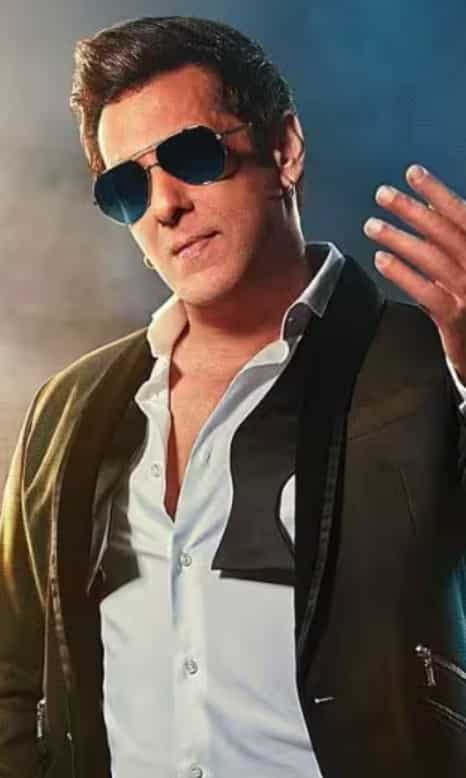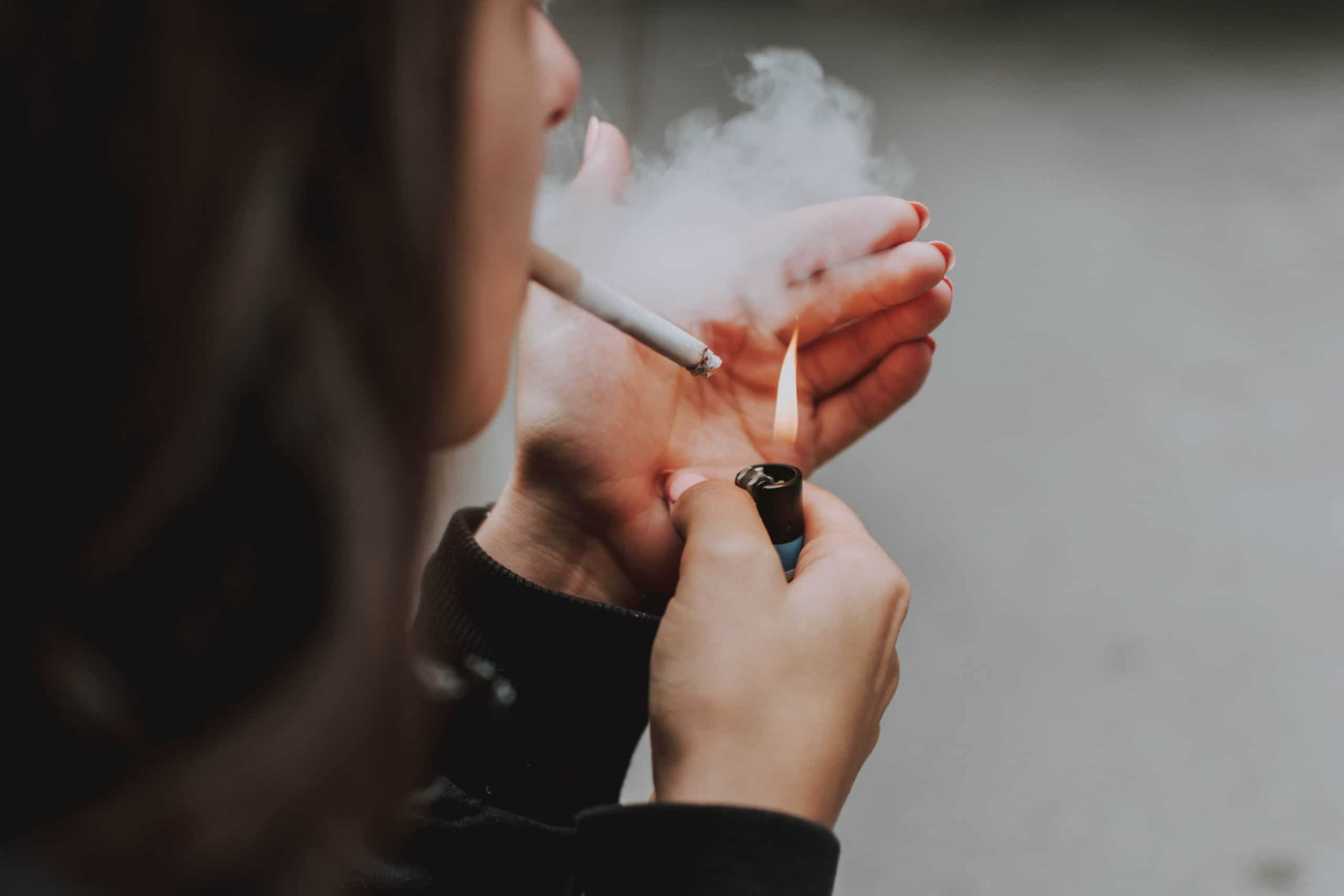Javed Akhtar recounts three songs only Manna Dey could have sung.
Mukesh, Mohammed Rafi and Kishore Kumar have earned the lion’s share of credit for being the three most dominant male playback singers from yesteryear Hindi cinema. While Mukesh was recognised as Raj Kapoor’s voice, Rafi could sing for just about anybody (the playback singer sang for Kishore Kumar as well) and Kishore Kumar emerged as the preferred playback artist for superstars Rajesh Khanna and Amitabh Bachchan in the late 1960s and 1970s.
But while celebrating the many wonderful songs of all these three men, we must not forget another legendary but sometimes under-appreciated playback artist, Manna Dey, whose career ran alongside the aforementioned great names, sang many all-time classics. He was an extremely versatile singer who could respond to the demands of both classical music and more up-tempo popular compositions. From the peppy ‘Aao Twist Karein’ to the soulful ‘Laga Chunari Mein Daag’ (Dil Hi To Hai, 1963) to the enchanting qawwali ‘Na Toh Caravaan ki Talaash Hai’ (Barsaat Ki Raat, 1960), Dey enriched all these songs with his voice.
Two films from 1956, which were blessed with Manna Dey’s magic were Basant Bahar and Chori Chori. The former, starring Bharat Bhushan and Nimmi, was heavy on songs based on classical ragas. Dey sang a number of these melodies including, ‘Sur Na Saje, Kya Gaaoon Main’ and ‘Bhay Bhanjana Vandana Sunn Humaari’. But the pièce de résistance for which Dey combined with Pandit Bhimsen Joshi was ‘Ketki Gulaab Juhi Champakaban Phoole’. In the upcoming episode of The Golden Years: 1950-1975 on Sunday at 8 pm, Javed Akhtar says only Manna Dey could have sung these three songs while shedding more light on the fine music of Basant Bahar.
Chori Chori, which had Raj Kapoor and Nargis, again had some terrific numbers sung by Dey. He was one half of the lovely duets, ‘Aaja Sanam Madhur Chandni Mein Hum’ and ‘Jahaan Main Jaati Hoon Wahin Chaley Aatey Ho’, with Lata Mangeshkar lending her nightingale-like voice for Nargis’ character. But the two artists combined to sing an even more popular song in the film, ‘Yeh Raat Bheegi Bheegi’. According to Akhtar, this song is the definition of romance in Hindi cinema. “The deftness with which Shailendra (the lyricist) wove together nature, the beauty of the night and matters of the heart in one song was truly outstanding,” says Akhtar.
Speaking of Raj Kapoor and Nargis, the two shared screen space possibly for the last time in Chori Chori and then for a much shorter duration in Jaagtey Raho (1956). Nargis appears only at the climax of Jaagtey Raho, where she sings the wonderful bhajan ‘Jaago Mohan Pyaare’. The film also had the memorable ditty, ‘Zindagi Khwaab Hai’, which was laced with profound philosophical connotations. The song was picturised on a drunk character played by the venerable actor Motilal.
Kishore Kumar, who Manna Dey described as a “natural talent”, also had a year to remember with several hit tracks in 1956. In New Delhi, he sang ‘Nakhrewaali’ in which he gave one of the earliest demonstrations of his yodelling talents. Kishore made an even bigger splash while singing for Dev Anand in Dev Anand in Funtoosh. From the zany ‘Ae Meri Topi Palat Ke Aa’ to the hysterical ‘Denewaala Jab Hi Deta’ to the extremely maudlin ‘Dukhi Mann Mere’, Kishore perfectly captured the many moods of Dev Anand’s character in the film.
But it was C.I.D which had, perhaps, the most successful soundtrack from among all the films that released in 1956. From the rustic strains of ‘Boojh Mera Kya Naam Re’ to the charming ‘Leke Pehla Pehla Ppyaar’ to the lilting notes of ‘Aye Dil Hai Mushkil’, C.I.D.’s music is totally evergreen. ‘Aye Dil Hai Mushkil’, which was inspired by the English song ‘Oh my darling, Clementine’, has become an unofficial anthem of sorts for Mumbai city with Majrooh Sultanpuri’s terrific lyrics. Even the song that was removed from the film, ‘Jaata Kahaan Hai Deewane', because the censors at that time didn’t approve of its picturisation and placement in the film, found its way back into modern day Hindi cinema in Anurag Kashyap’s Bombay Velvet (2015). Meanwhile, two other songs from the film—'Aankhon Hi Aankhon Mein Ishaara Ho Gaya’ is hummed by Aamir Khan’s character and his friends in Jo Jeeta Wohi Sikander (1992) and ‘Kahin Pe Nigaahein, Kahin Pe Nishana’ finds place in one of the lighter moments in Dilwale Dulhania Le Jaayenge (1995)—thereby justifying the eternal nature of the film’s songs.
Tune into Zee Classic this coming Sunday at 8 pm to learn more about Hindi film music from 1956 in The Golden Years: 1950-1975 with Javed Akhtar.
![submenu-img]() US imposes sanctions on Chinese, Belarus firms for providing ballistic missile tech to Pakistan
US imposes sanctions on Chinese, Belarus firms for providing ballistic missile tech to Pakistan![submenu-img]() 'Don't have any comment': White House mum on reports of Israeli strikes in Iran
'Don't have any comment': White House mum on reports of Israeli strikes in Iran![submenu-img]() Yes Bank co-founder Rana Kapoor gets bail after four years in bank fraud case
Yes Bank co-founder Rana Kapoor gets bail after four years in bank fraud case![submenu-img]() Barmer Lok Sabha Polls 2024: Check key candidates, date of voting and other important details
Barmer Lok Sabha Polls 2024: Check key candidates, date of voting and other important details![submenu-img]() This star once lived in garage, earned Rs 51 as first salary; now charges Rs 5 crore per film, is worth Rs 335 crore
This star once lived in garage, earned Rs 51 as first salary; now charges Rs 5 crore per film, is worth Rs 335 crore![submenu-img]() DNA Verified: Is CAA an anti-Muslim law? Centre terms news report as 'misleading'
DNA Verified: Is CAA an anti-Muslim law? Centre terms news report as 'misleading'![submenu-img]() DNA Verified: Lok Sabha Elections 2024 to be held on April 19? Know truth behind viral message
DNA Verified: Lok Sabha Elections 2024 to be held on April 19? Know truth behind viral message![submenu-img]() DNA Verified: Modi govt giving students free laptops under 'One Student One Laptop' scheme? Know truth here
DNA Verified: Modi govt giving students free laptops under 'One Student One Laptop' scheme? Know truth here![submenu-img]() DNA Verified: Shah Rukh Khan denies reports of his role in release of India's naval officers from Qatar
DNA Verified: Shah Rukh Khan denies reports of his role in release of India's naval officers from Qatar![submenu-img]() DNA Verified: Is govt providing Rs 1.6 lakh benefit to girls under PM Ladli Laxmi Yojana? Know truth
DNA Verified: Is govt providing Rs 1.6 lakh benefit to girls under PM Ladli Laxmi Yojana? Know truth![submenu-img]() Remember Ali Haji? Aamir Khan, Kajol's son in Fanaa, who is now director, writer; here's how charming he looks now
Remember Ali Haji? Aamir Khan, Kajol's son in Fanaa, who is now director, writer; here's how charming he looks now![submenu-img]() Remember Sana Saeed? SRK's daughter in Kuch Kuch Hota Hai, here's how she looks after 26 years, she's dating..
Remember Sana Saeed? SRK's daughter in Kuch Kuch Hota Hai, here's how she looks after 26 years, she's dating..![submenu-img]() In pics: Rajinikanth, Kamal Haasan, Mani Ratnam, Suriya attend S Shankar's daughter Aishwarya's star-studded wedding
In pics: Rajinikanth, Kamal Haasan, Mani Ratnam, Suriya attend S Shankar's daughter Aishwarya's star-studded wedding![submenu-img]() In pics: Sanya Malhotra attends opening of school for neurodivergent individuals to mark World Autism Month
In pics: Sanya Malhotra attends opening of school for neurodivergent individuals to mark World Autism Month![submenu-img]() Remember Jibraan Khan? Shah Rukh's son in Kabhi Khushi Kabhie Gham, who worked in Brahmastra; here’s how he looks now
Remember Jibraan Khan? Shah Rukh's son in Kabhi Khushi Kabhie Gham, who worked in Brahmastra; here’s how he looks now![submenu-img]() DNA Explainer: What is cloud seeding which is blamed for wreaking havoc in Dubai?
DNA Explainer: What is cloud seeding which is blamed for wreaking havoc in Dubai?![submenu-img]() DNA Explainer: What is Israel's Arrow-3 defence system used to intercept Iran's missile attack?
DNA Explainer: What is Israel's Arrow-3 defence system used to intercept Iran's missile attack?![submenu-img]() DNA Explainer: How Iranian projectiles failed to breach iron-clad Israeli air defence
DNA Explainer: How Iranian projectiles failed to breach iron-clad Israeli air defence![submenu-img]() DNA Explainer: What is India's stand amid Iran-Israel conflict?
DNA Explainer: What is India's stand amid Iran-Israel conflict?![submenu-img]() DNA Explainer: Why Iran attacked Israel with hundreds of drones, missiles
DNA Explainer: Why Iran attacked Israel with hundreds of drones, missiles![submenu-img]() This star once lived in garage, earned Rs 51 as first salary; now charges Rs 5 crore per film, is worth Rs 335 crore
This star once lived in garage, earned Rs 51 as first salary; now charges Rs 5 crore per film, is worth Rs 335 crore![submenu-img]() Meet actress, who worked as cook for free food, mopped floors, one Instagram post changed her life, is now worth…
Meet actress, who worked as cook for free food, mopped floors, one Instagram post changed her life, is now worth… ![submenu-img]() UP man arrested for booking cab from Salman Khan's house under Lawrence Bishnoi's name
UP man arrested for booking cab from Salman Khan's house under Lawrence Bishnoi's name ![submenu-img]() 'Justice milega': Ankita Lokhande talks about Sushant Singh Rajput, reveals she's still connected with his family
'Justice milega': Ankita Lokhande talks about Sushant Singh Rajput, reveals she's still connected with his family![submenu-img]() Rajkummar Rao reacts to plastic surgery rumours, admits he got fillers: 'If something gives me confidence...'
Rajkummar Rao reacts to plastic surgery rumours, admits he got fillers: 'If something gives me confidence...'![submenu-img]() IPL 2024: KL Rahul, Quinton de Kock star in Lucknow Super Giants' dominating 8-wicket win over Chennai Super Kings
IPL 2024: KL Rahul, Quinton de Kock star in Lucknow Super Giants' dominating 8-wicket win over Chennai Super Kings![submenu-img]() DC vs SRH, IPL 2024: Predicted playing XI, live streaming details, weather and pitch report
DC vs SRH, IPL 2024: Predicted playing XI, live streaming details, weather and pitch report![submenu-img]() Watch: Virat Kohli's cheeky 'your wife' remark to Dinesh Karthik leaves RCB teammates in splits
Watch: Virat Kohli's cheeky 'your wife' remark to Dinesh Karthik leaves RCB teammates in splits ![submenu-img]() DC vs SRH IPL 2024 Dream11 prediction: Fantasy cricket tips for Delhi Capitals vs Sunrisers Hyderabad
DC vs SRH IPL 2024 Dream11 prediction: Fantasy cricket tips for Delhi Capitals vs Sunrisers Hyderabad![submenu-img]() 'Kohli said it's not an option, just...': KL Rahul recalls his IPL debut for RCB in 2013
'Kohli said it's not an option, just...': KL Rahul recalls his IPL debut for RCB in 2013![submenu-img]() Canada's biggest heist: Two Indian-origin men among six arrested for Rs 1300 crore cash, gold theft
Canada's biggest heist: Two Indian-origin men among six arrested for Rs 1300 crore cash, gold theft![submenu-img]() Donuru Ananya Reddy, who secured AIR 3 in UPSC CSE 2023, calls Virat Kohli her inspiration, says…
Donuru Ananya Reddy, who secured AIR 3 in UPSC CSE 2023, calls Virat Kohli her inspiration, says…![submenu-img]() Nestle getting children addicted to sugar, Cerelac contains 3 grams of sugar per serving in India but not in…
Nestle getting children addicted to sugar, Cerelac contains 3 grams of sugar per serving in India but not in…![submenu-img]() Viral video: Woman enters crowded Delhi bus wearing bikini, makes obscene gesture at passenger, watch
Viral video: Woman enters crowded Delhi bus wearing bikini, makes obscene gesture at passenger, watch![submenu-img]() This Swiss Alps wedding outshine Mukesh Ambani's son Anant Ambani's Jamnagar pre-wedding gala
This Swiss Alps wedding outshine Mukesh Ambani's son Anant Ambani's Jamnagar pre-wedding gala








































)




)
)
)
)
)
)